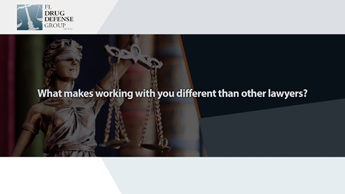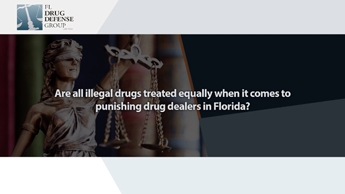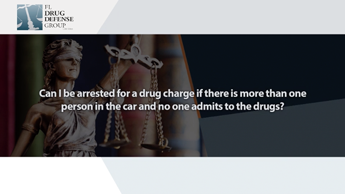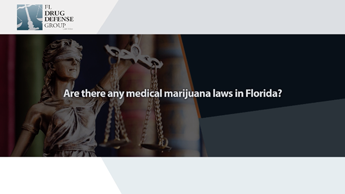The Three Elements Of A Drug Possession Charge: Legality, Knowledge, And Control

You may have read in the news about defendants who were facing criminal charges for offenses like drug possession with intent to distribute, or even trafficking in controlled substances, but who were able to arrange a plea deal by pleading guilty to simple possession. This may leave you with the impression that getting convicted of drug possession is not a big deal. While facing charges for drug possession is not the worst-case scenario in criminal court, a conviction for simple possession has serious consequences. Most drug possession charges are felonies; in Florida, cannabis is the only controlled substance where illegal possession of moderate amounts is a misdemeanor. This means that, if you get convicted of illegal possession of controlled substances, you lose your right to vote and to own a firearm, even if the controlled substance in question was just two Adderall pills you bought from a classmate when studying for final exams. Therefore, if you are facing charges for drug possession, you have every reason to contact a Florida drug offense attorney.
The Drug Is Actually a Controlled Substance
In order for a jury to convict you of drug possession, the prosecution must prove three things: legality, knowledge, and control. Legality means that it was against the law for you to possess the substance. The prosecution cannot prove the legality claim if you can argue that you had the right to possess the substance; for example, you can use your medical cannabis card as evidence, or a doctor’s prescription for the pills the police found. This defense doesn’t work for drugs that are illegal under all circumstances, such as heroin and methamphetamine. You might also be able to argue that a field drug test misidentified the substance; field drug tests often mistake over-the-counter drugs and ordinary household substances as illegal drugs.
The Defendant Knew That the Drug Was a Controlled Substance
The court must acquit you if you did not know that the substance was illegal or if you did not know that it was within your control. For example, if the police found Xanax pills in a Tylenol bottle in your car, you can argue that you took the bottle from the house you share with roommates, thinking it was Tylenol. You might also argue that you did not know that the bottle was in your car, because a friend or rideshare passenger you had transported the day before the traffic stop left the pill bottle in the backseat.
The Substance Was Under the Defendant’s Control
The prosecution must also prove that the substance was under your control; this is easy if the substance was in your backpack, your purse, or a pocket in your clothing. It is less easy if the substance was in your car. In addition to defenses about legality, knowledge, and control, defendants can also avoid getting convicted if they can show that the police and prosecutors failed to abide by any of the legal rights of defendants.
Contact FL Drug Defense Group About Drug Possession Cases
A Central Florida criminal defense lawyer can help you if you are facing charges for illegal possession of a controlled substance. Contact FL Drug Defense Group in Orlando, Florida to discuss your case.
Source:
leg.state.fl.us/statutes/index.cfm?App_mode=Display_Statute&URL=0800-0899/0893/0893.html







